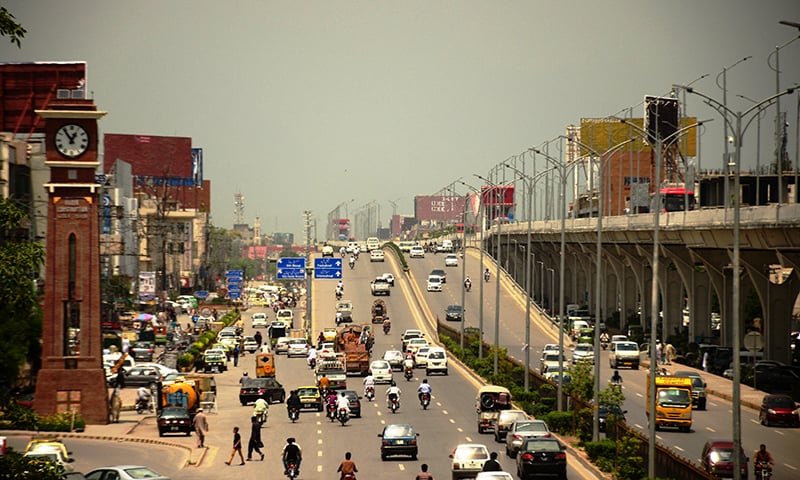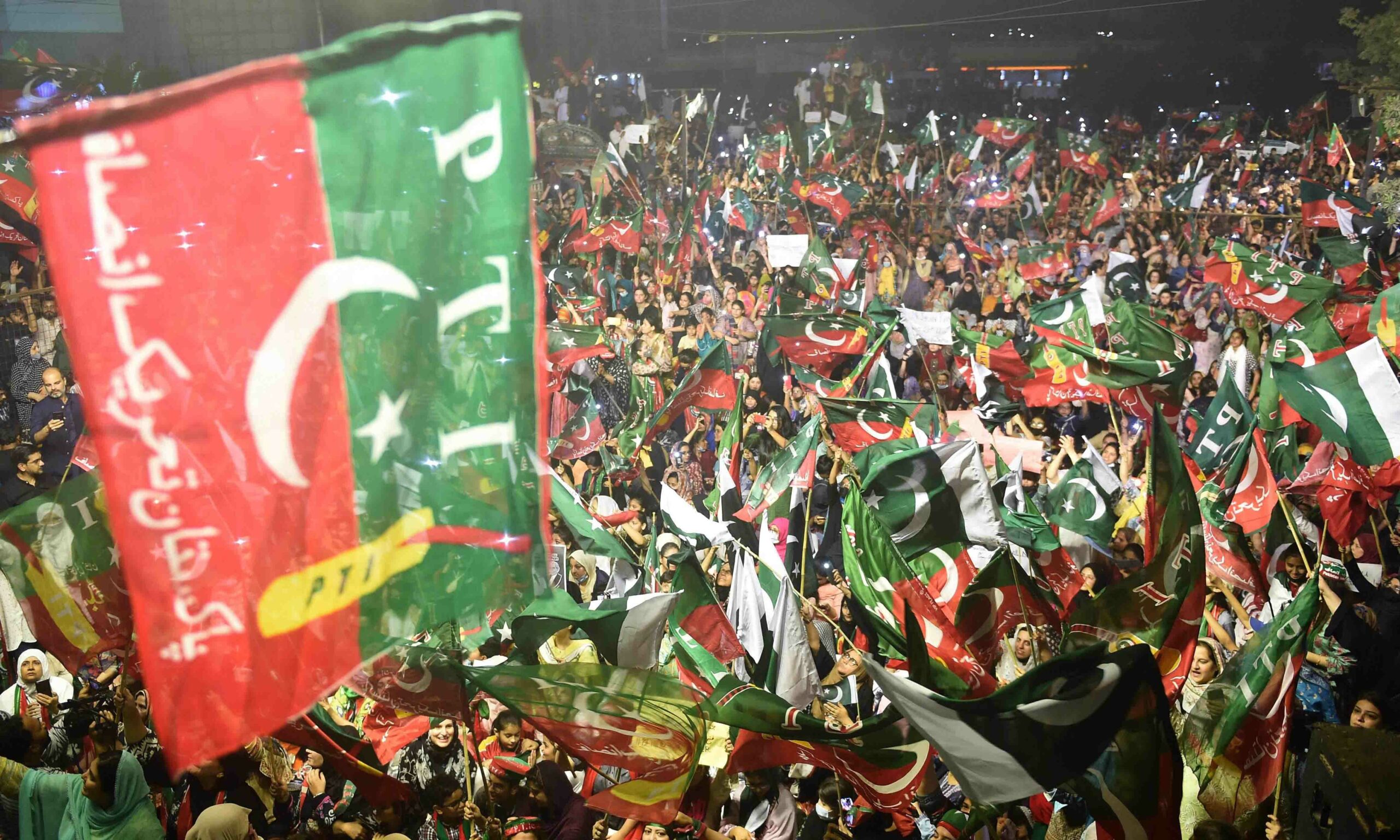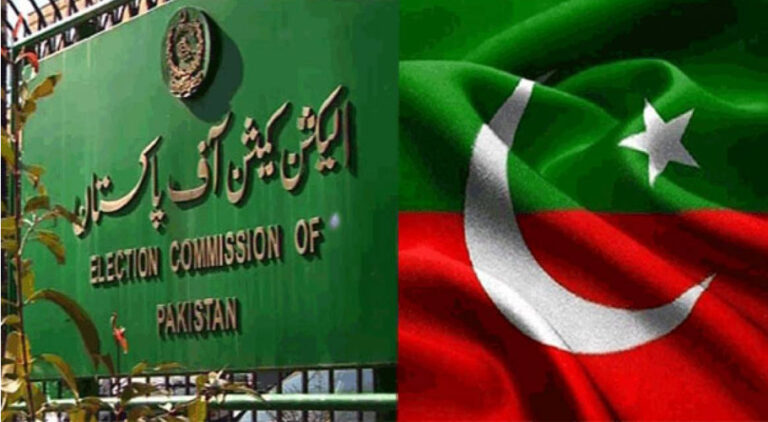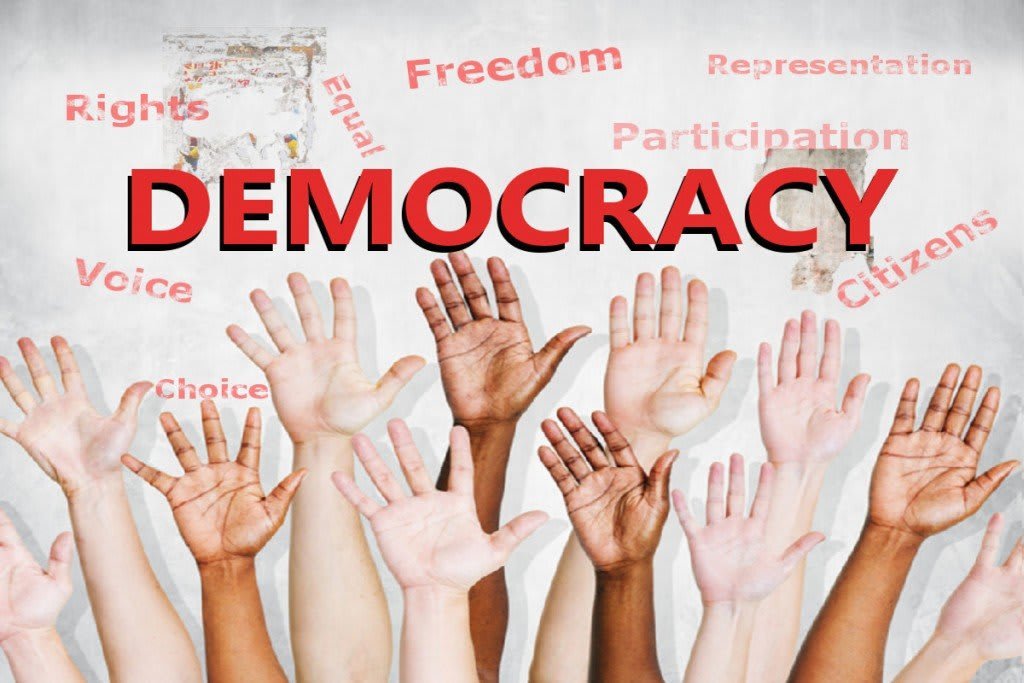Dr Ahmed Naveed
Urban development in Pakistan is a complex and multifaceted issue that involves various factors and actors. The failure of urban development in Pakistan can be critically evaluated from manifold perspectives.
The legislative framework for urban development in Pakistan is outdated, fragmented, and inconsistent. There is no comprehensive urban policy or law at the federal level that guides and regulates the urbanization process and its impacts. The existing laws are often contradictory, overlapping, or ambiguous. They also fail to address the emerging challenges and opportunities of urbanization, such as climate change, migration, informality, and innovation. Moreover, the implementation and enforcement of these laws are weak and uneven due to the lack of capacity, resources, and accountability of the relevant institutions and authorities.
The policy framework for urban development in Pakistan is inadequate, uncoordinated, and ineffective. There is no clear vision or strategy for urban development at the national or provincial level that aligns with global agendas, such as the Sustainable Development Goals, the New Urban Agenda, and the Paris Agreement. The policies, such as the National Housing Policy 2001, the National Climate Change Policy 2012, and the National Urban Transport Policy 2016, are often outdated, incomplete, or irrelevant. They also fail to address the cross-cutting and interrelated issues of urbanization, such as poverty, inequality, governance, and resilience. Moreover, the formulation and implementation of these policies are hampered by a lack of consultation, participation, and collaboration of the relevant stakeholders and sectors.
The administrative system for urban development in Pakistan is complex, fragmented, and inefficient. There are multiple tiers and agencies of government involved in urban development at the federal, provincial, and local levels, but they often work in silos without clear roles and responsibilities. There is also a lack of coordination and integration among these agencies, resulting in duplication, confusion, or conflict. Furthermore, there is a lack of decentralization and devolution of power and authority to the local governments, which are supposed to be the primary actors of urban development. The local governments are often dependent on the provincial governments for funds, functions, and functionaries.
The engineering solutions for urban development in Pakistan are insufficient, outdated, and unsustainable. There is a huge gap between the demand and supply of basic urban services and infrastructure, such as water supply, sanitation, waste management, transportation, energy, and housing. The existing infrastructure is often dilapidated, inadequate, or unsafe. There is also a lack of innovation and adaptation of new technologies and practices that can enhance the efficiency and quality of urban services and infrastructure. Moreover, there is a lack of environmental and social considerations in the design and implementation of engineering solutions for urban development.
The cultural aspects of urban development in Pakistan are neglected, undermined, or exploited. There is a lack of recognition and appreciation of the diversity and richness of urban culture in Pakistan, which includes various ethnicities, languages, religions, and art forms. There is also a lack of protection and promotion of the cultural heritage and identity of urban areas, which are often threatened by rapid urbanization, conflict, or commercialization. Furthermore, there is a lack of inclusion and empowerment of the cultural actors and groups in urban development, such as artists, activists, and civil society organizations.
The environmental impacts of urban development in Pakistan are severe, negative, and irreversible. There is a high level of environmental degradation and pollution in urban areas, which affects the health and well-being of urban residents. There is also a high level of vulnerability and exposure to natural hazards and climate change in urban areas, which affects the safety and security of urban residents. Moreover, there is a low level of environmental awareness and action among urban stakeholders, such as government officials, private sector actors, and citizens.
Finally, the political dimensions of urban development in Pakistan are complex, contested, and unstable. There is a high level of political interference and influence in urban development decisions and processes, which affects the transparency and accountability of urban governance. There is also a high level of political conflict and violence in urban areas, which affects the peace and stability of urban society. Moreover, there is a low level of political participation and representation of urban citizens, especially women, youth, and minorities. Accordingly, there is a dire need to elect competent legislators for a functional political executive in order to lead the governance operations, especially that of urban development.
Please, subscribe to the official website of republicpolicy.com
Apart from legislative, bureaucratic, administrative, and political reforms, socio-cultural reforms are equally significant for the development of the urban sector in Pakistan. A few suggestions are as follows:
Put job creation at the centre of policymaking: This suggestion is based on the premise that urbanization leads to economic growth and employment opportunities. However, this may not be the case in Pakistan, where urbanization is largely driven by rural-urban migration and natural population growth rather than industrialization and economic diversification. Therefore, job creation in urban areas should not be assumed as a given but rather as a goal that requires careful planning and coordination among different sectors and levels of government. Job creation should also be inclusive and equitable, ensuring that women, youth, minorities, and other marginalized groups have access to decent work and social protection.
Reduce red tape as street vendors provide service: This suggestion implies that the government should recognize and support informal sector workers, such as street vendors, as they provide essential services to urban residents. However, more than this may be needed to address the challenges faced by the informal sector, which include low productivity, poor working conditions, lack of social security, and vulnerability to exploitation and harassment. Therefore, reducing red tape should be accompanied by other measures, such as providing legal recognition, facilitating access to finance and markets, enhancing skills and capacities, and promoting collective action and representation of informal workers.
Streamline service delivery: This suggestion is based on the idea that urban service delivery can be improved by eliminating overlapping jurisdictional boundaries and empowering local governments. However, this may not be enough to ensure efficient and effective service delivery in urban areas, which also depends on factors such as adequate resources, technical expertise, accountability mechanisms, citizen participation, and intergovernmental coordination. Therefore, streamlining service delivery should be complemented by other measures, such as strengthening fiscal decentralization, enhancing performance management, fostering transparency and responsiveness, and engaging civil society and private sector actors.
Eliminate Cantonment Boards in Urban Areas: This suggestion is based on the argument that Cantonment Boards are an outdated and undemocratic form of urban governance that hinders the development of integrated and inclusive cities. However, this may not be feasible or desirable in the short term, given the political and security implications of abolishing Cantonment Boards in Pakistan. Therefore, eliminating Cantonment Boards in urban areas should be considered as a long-term goal that requires careful negotiation and consultation with various stakeholders, including the military establishment, the provincial governments, the local governments, and the residents of Cantonment areas.
Cultural change: This suggestion is based on the assumption that urbanization requires a shift in cultural norms and values, such as reducing fertility rates and increasing female labour force participation. However, this may not be realistic or respectful of the diversity and complexity of urban cultures in Pakistan2. Therefore, cultural change should not be imposed or expected as a precondition for urban development but rather as a possible outcome or consequence of urban development that reflects the aspirations and preferences of urban residents. Cultural change should also be sensitive and responsive to the social and religious contexts of different urban communities.
Please, subscribe to the monthly magazines of republicpolicy.com
Lastly, there is a need to devolve the powers to local governments and establishing specialized engineering services for the urban development is critical.

















